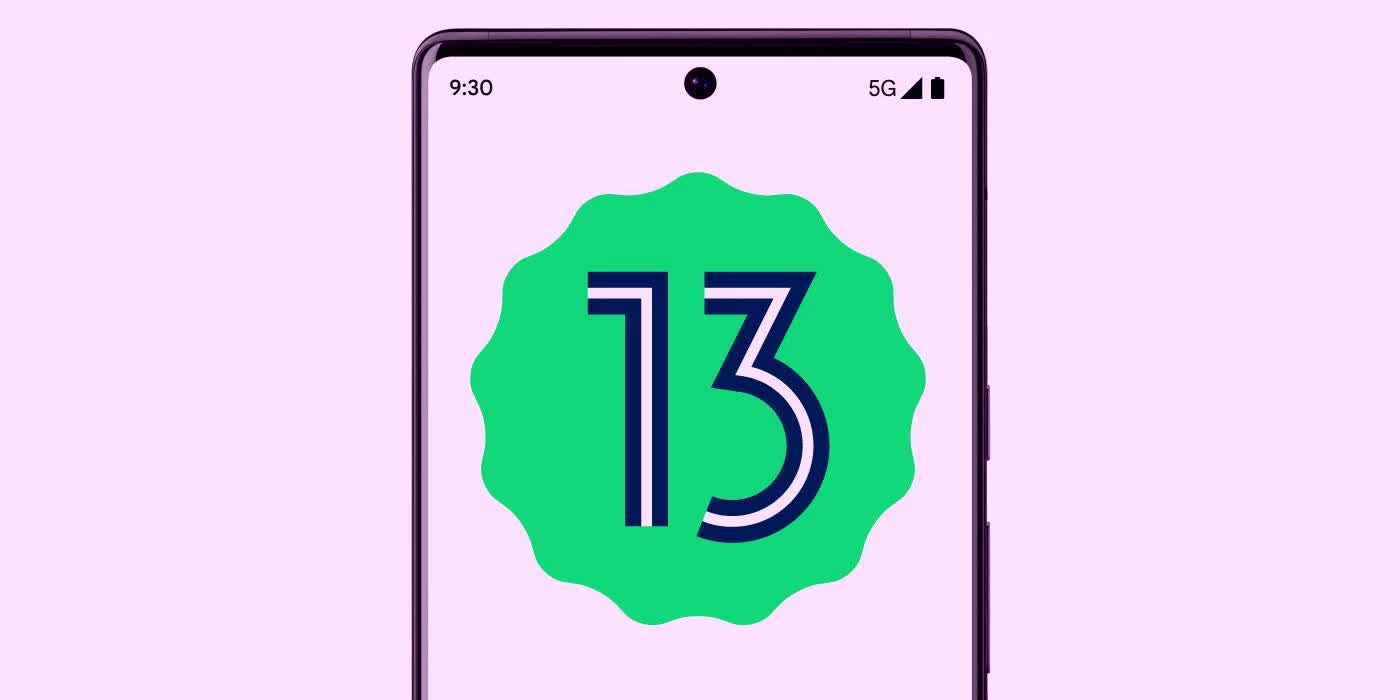A terrible fact about our nation of laws, in which layers of statutes and regulations accrete by the day, is that public policies affecting millions are reduced to alienating acronyms well understood in wonkish circles but lost on the rest of us. There’s no better example than the Medicaid IMD Exclusion, on the books since the enactment of the program delivering health insurance to the poor in 1965. The rule may sound esoteric, but here in the real world, it hurts people. It even ends lives.
IMD stands for “institutions for mental disease”; the provision is called an exclusion because it bars Medicaid from paying for treatment in psychiatric hospitals or other residential facilities with more than 16 beds. The arbitrary prohibition means that the federal government foots much of the bill for the treatment of poor Americans’ broken bones or failing kidneys, but not their addled minds. Plain and simple, this is discrimination.
There are countless things wrong with New York City’s approaches to those struggling with serious mental illness — courts and jails that fail them, a state that over many years has washed its hands of them, hospitals that cycle through them, police that often don’t know what to do with them — but the IMD Exclusion is a common denominator, a thorn in many sides preventing those in dire need of intensive psychiatric care from getting it.
Last year, Rep. Carolyn Maloney pressed to bandage this glaring wound in federal law. That’s because she represented the Manhattan district where last year, a mentally ill homeless man who had spent years bouncing between hospitals, jails and outpatient clinics killed Michelle Go by pushing her on the subway tracks. She authored and championed a bill named after Go. Not too surprisingly in a Congress addicted to inertia, it didn’t go anywhere.
This week, freshman Rep. Dan Goldman picked up the baton, with many New York colleagues also on board. May they find allies across the aisle and run across the finish line.










:quality(70):focal(2020x1074:2030x1084)/cloudfront-us-east-1.images.arcpublishing.com/tronc/YINSODG3ZZD43GAIQ64HFZXECI.jpg)






Discussion about this post